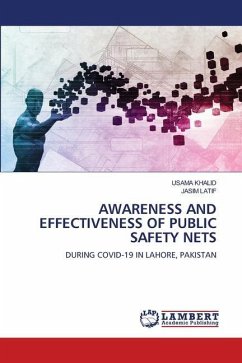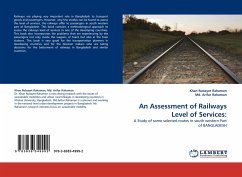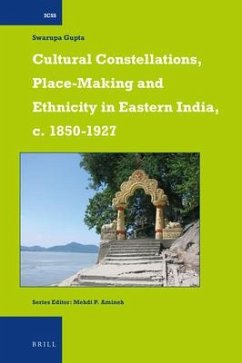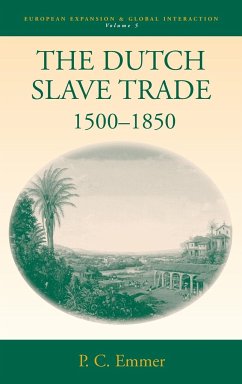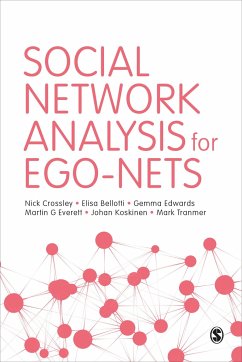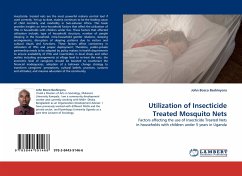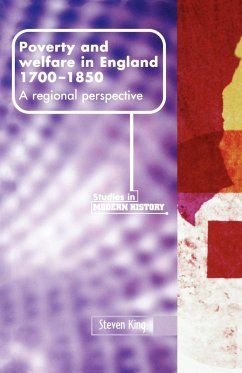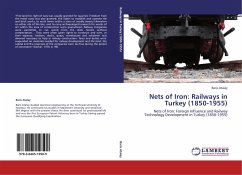
Nets of Iron: Railways in Turkey (1850-1955)
Nets of Iron: Foreign Influence and Railway Technology Development in Turkey (1850-1955)
Versandkostenfrei!
Versandfertig in 6-10 Tagen
32,99 €
inkl. MwSt.

PAYBACK Punkte
16 °P sammeln!
Free land for right of way was usually granted for quarries. Freedom from the metal costs was also granted; the rights to establish and operate tile and brick works, to work mines within a zone of usually twenty kilometers on either site of the line, and to carry archaeological research for works of art within the area of construction were guaranteed. Railway companies were permitted to cut wood from the state forests without compensation They were often given rights to construct and own, at their expense, harbors, docks, quays, warehouses and whatever was deemed necessary to help in railway c...
Free land for right of way was usually granted for quarries. Freedom from the metal costs was also granted; the rights to establish and operate tile and brick works, to work mines within a zone of usually twenty kilometers on either site of the line, and to carry archaeological research for works of art within the area of construction were guaranteed. Railway companies were permitted to cut wood from the state forests without compensation They were often given rights to construct and own, at their expense, harbors, docks, quays, warehouses and whatever was deemed necessary to help in railway construction. Taxes and duties were suspended on materials needed for railway development and the land, the capital and the revenues of the companies were tax-free during the period of concession (Karkar, 1979, p. 99).




